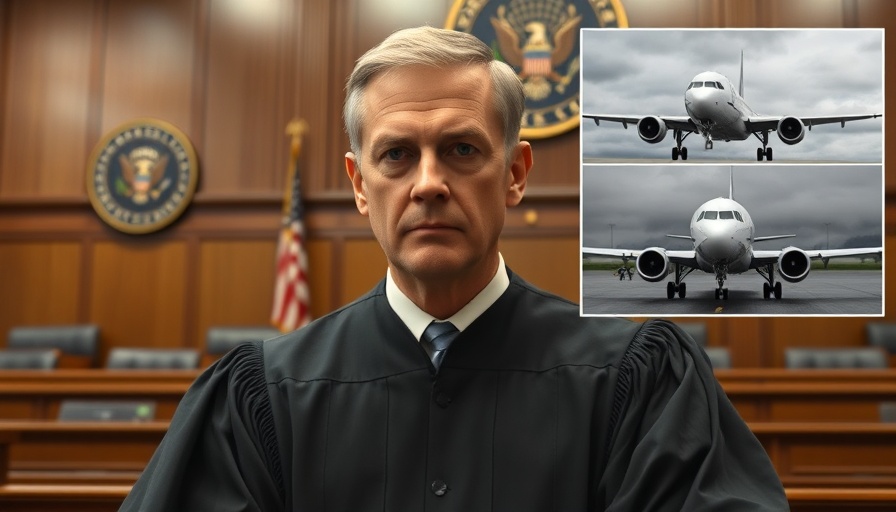
Government Overreach? Court Blocks Trump's Deportation Plan
A federal judge has intervened in a contentious immigration dispute that brings the Alien Enemies Act back into the spotlight. President Trump's recent attempts to expedite the deportation of Venezuelan nationals, whom he labeled as alleged gang members, faced a swift legal backlash. Chief Judge James Boasberg of the D.C. Circuit on Saturday halted these actions, which threatened to sidestep standard judicial rights and due process in immigration cases.
The Alien Enemies Act: A Controversial Tool
Originally enacted in 1798, the Alien Enemies Act was rarely invoked until recent years, drawing immediate comparisons to its past application during World War II for the internment of Japanese Americans. Trump's maneuver to use this wartime law for peacetime immigration enforcement has been met with fierce criticism from civil rights groups, including the ACLU, which filed a lawsuit earlier on the same day Boasberg issued the restraining order. This legal move aims to prevent the mass deportation of Venezuelan nationals, marking a significant struggle between civil liberties and executive power.
Civil Liberties in Jeopardy: The Public Response
The ACLU's lead counsel noted the unprecedented nature of Trump's invocation of the Alien Enemies Act. The potential implications for immigrants' rights raise alarm bells within advocacy circles. Notably, the judge's immediate halt allows for a moment of reflection and legal reexamination of the application of historical laws in modern contexts, emphasizing the ongoing battle for individual rights in the U.S.
Potential Impact on Immigration Law
As the U.S. faces an influx of migrants seeking refuge and opportunity, understanding the legal landscape becomes critical. The underlying ramifications of using an outdated law amplify fears that the administration could define entire groups of people as national security threats based solely on their nationality, not individual culpability. This situation exemplifies broader discussions surrounding immigration policy reform and the balance between national security and human rights.
What Lies Ahead? Future Legal Battles Expected
The proceedings don’t end here; the temporary restraining order is just a pause in what is predicted to be an extended legal confrontation. Indeed, Judge Boasberg has scheduled additional hearings that will determine whether further protections should be extended to all Venezuelans in the U.S. The outcome of these cases will play a pivotal role in shaping immigration policy moving forward and highlight the judiciary's role in safeguarding rights during times of political upheaval.
Broader Context: Immigration Under the Trump Administration
This incident is part of an ongoing pattern of heightened immigration enforcement under the Trump administration. Allegations against Venezuelan nationals raise critical discussions about the impact of labeling entire communities as dangerous. Throughout his presidency, Trump has sought to fortify the national narrative around immigration, yet this has ignited debates about morality versus legality and the fabric of American democracy.
Engaging the Community with Critical Perspectives
This situation sheds light on the necessity for citizen engagement in national discourse surrounding immigration. As society grapples with how to define security, community members are encouraged to seek out information, participate in discussions, and advocate for policies that uphold democratic values and human rights.
As this story continues to unfold, it remains essential for the public to stay informed and engaged. Share your thoughts on these developments and ensure your voice is heard in the ongoing dialogue about immigration rights!
 Add Element
Add Element  Add Row
Add Row 



 Add Row
Add Row  Add
Add 


Write A Comment